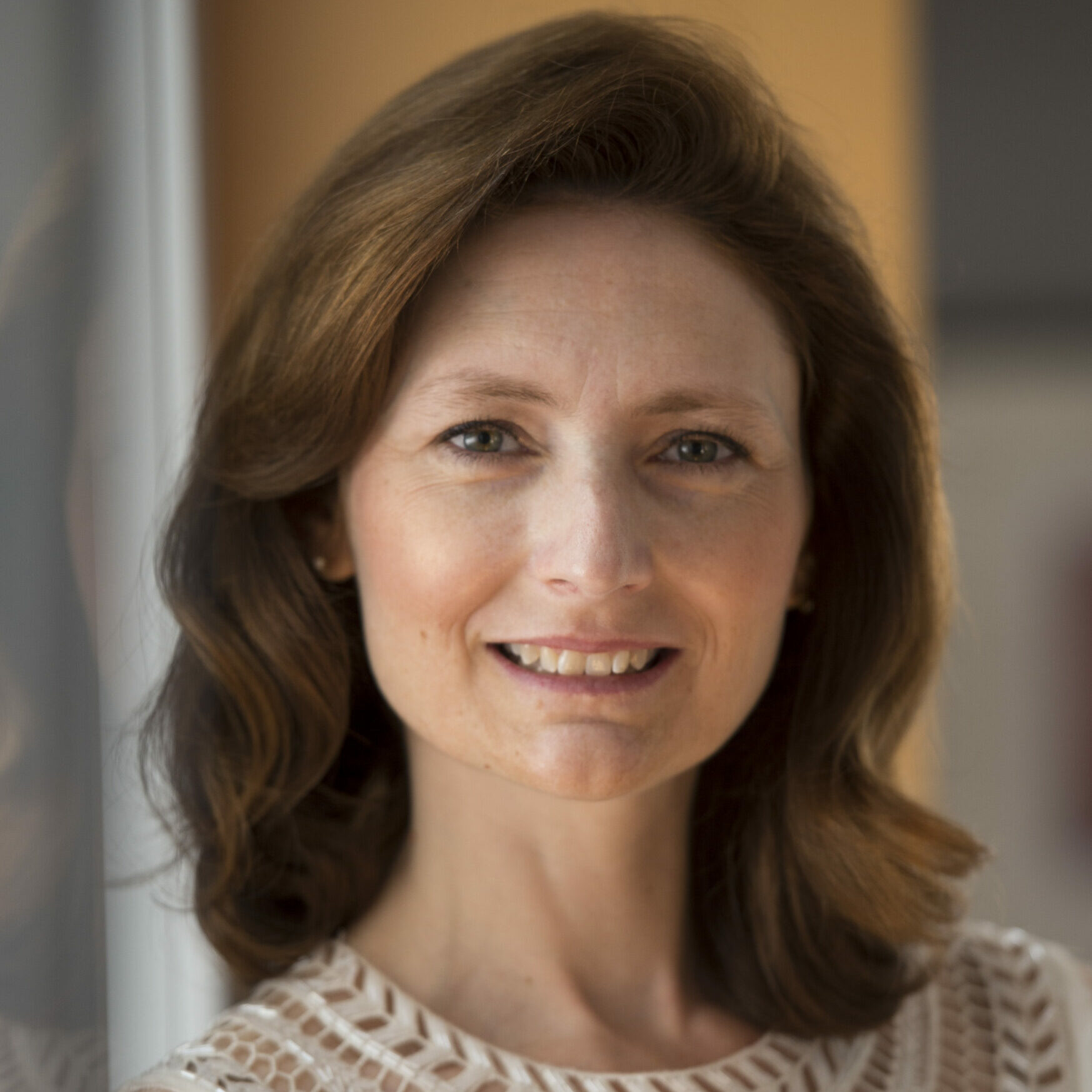Eight years ago, Sarah Graff Bodner, PhD ’96 founded the Featherstone Group, so she could balance being a mom AND a professional executive coach. She serves as a trusted advisor, and confidant to executives as they work through the complex and difficult realities of executive leadership. Her clients include her adorable son and Fortune 500 leaders in the fashion, chemical, medical, energy, banking, and airline industries.
How did you get started in a career in your current sector / industry?
I started with a PhD in Industrial and Organizational Psychology. The program required students to consult with real clients as part of the program so that we had the opportunity to marry the academic with the practical.
Briefly walk us through your career journey to this point.
After earning the PhD, I consulted primarily with chemical companies that were hemorrhaging market share to oversees competitors. We helped the leaders restructure process and decision flow to increase collaboration and move decision making to the frontline, allowing them to be more efficient and competitive.
Then I moved internal as Organization Development (OD) in a larger electric utility company with 7 subsidiaries across 11 states. I led enterprise-wide talent management and change management for high-profile initiatives as well as consulting on just about any organization, culture, and leadership intervention you can imagine.
I stepped outside of my area of expertise and moved into one of the subsidiaries as the external facing executive. I led communications, crisis management, economic development, and customer / community relations. I was tasked with restoring damaged relationships as well as positioning the company to achieve business outcomes in a highly complex and changing industry.
I hit 40 and was trying to figure out how to be the kind of mother I wanted to be while in a high-stress, high-visibility, 70+ hour a week role. We took a huge leap of faith and started my own consulting business. My first year in business was tough and I almost threw in the towel, but I have a supportive husband who wouldn’t let me give in to fear and frustration. And here we are … almost 8 years later.
What do you most enjoy about your sector / industry / job?
I get to positively impact the lives of thousands by strengthening their company (and their ability to provide for their families) and helping their leaders rise to their best self (and creating a healthier environment for them to “live” in while at work). And I get to learn about and see behind the scenes of a huge variety of industries.
How is your current career the same, or different, than what you thought it would be when you began college?
At McMurry, I was a Psychology major. You can’t do with a BA in Psychology, so I had always planned to go on to grad school and become a therapist. I discovered my senior year at McM that my empathy and patience levels not high enough to be to be a therapist (if you’re reading between the lines this means I have a very low tolerance for bs). Fortunately, I discovered Industrial & Organizational Psychology, which is essentially the human element of business. It meets my intellectual interests in human behavior and fulfills my altruistic desires …. but I don’t have to tolerate bs because it’s my job to address and change it.
What words of advice do you have for McMurry students or fellow alumni interested in a career in your sector or industry?
When we are young, we tend to think that the career decision that we are making are for the rest of our lives. They are not. I advise operating in 3-5 year segments where you get in, immerse yourself, figure out what you are doing, and then do amazing work (this takes a minimum of 3 years).
Then step back and ask yourself:
- Are you enjoying yourself?
- Are you making a difference?
- Are you challenged and growing?
- Do you believe in the work / the organization?
- Does this mesh with the personal life you want?
If the answer is no to more than half of these, then do something different for your next career segment.

